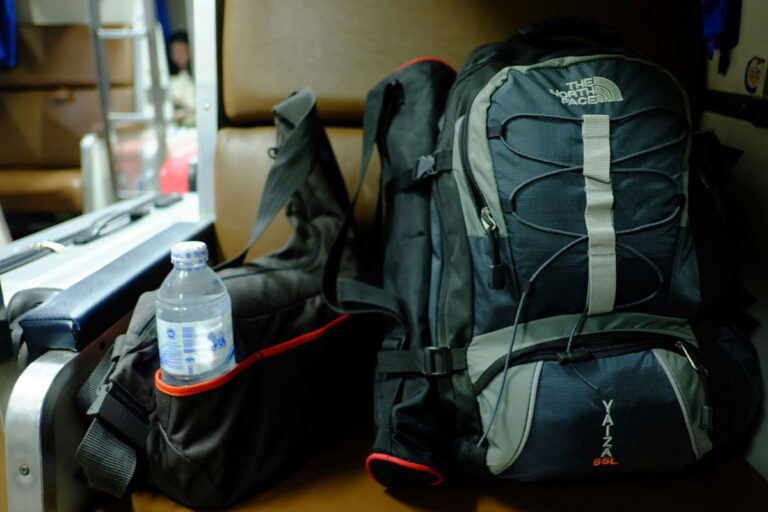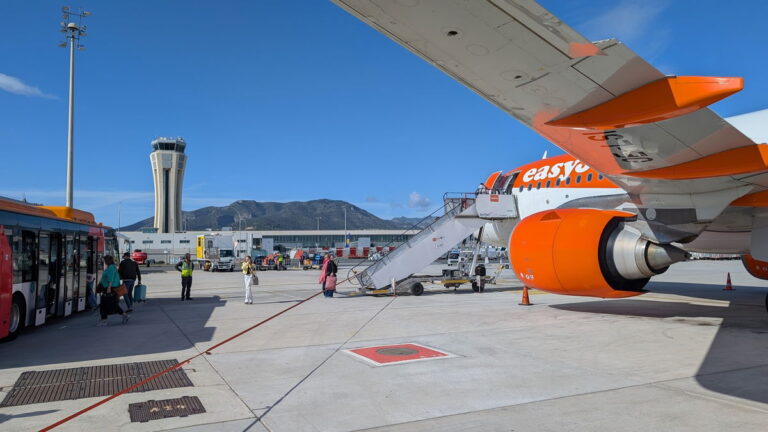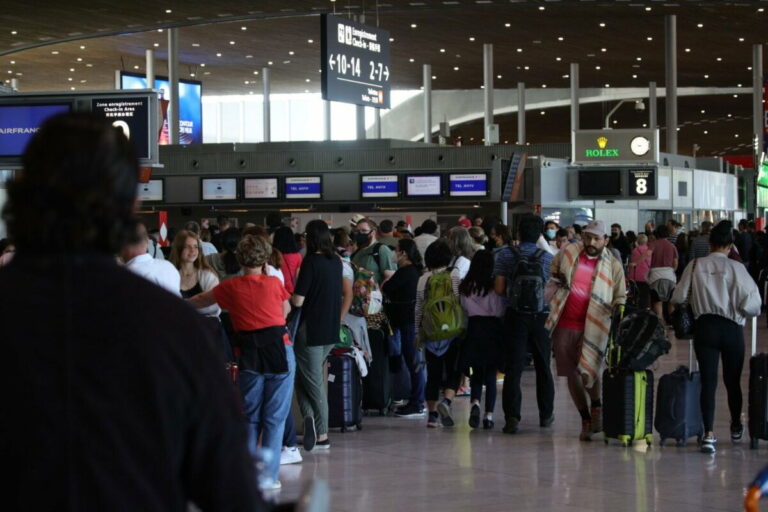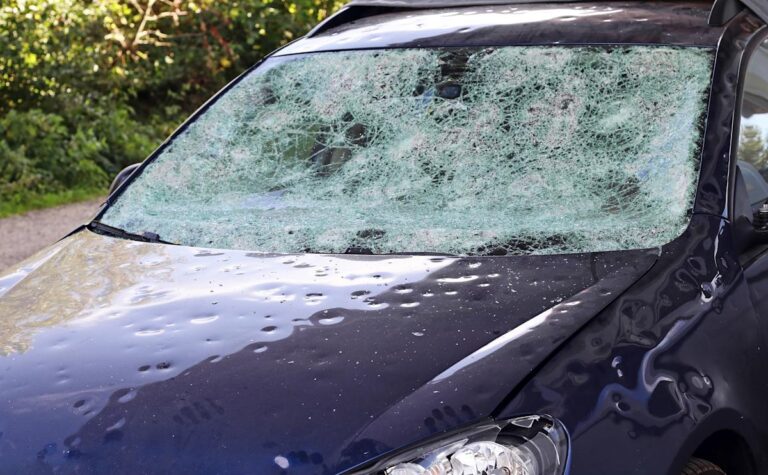
Winter van life. Credit – Pixabay.
Travelling through Spain in a campervan during winter is a unique experience. While many people associate van life with summer, sandy beaches and sun, winter offers a different vibe.
Cooler temperatures, quieter roads, and fewer tourists mean a relaxing journey. However, campervan travel in Spain in winter requires proper preparation, route planning and consideration of how you stay warm and comfortable.
Keeping warm in a campervan
The primary challenge of winter van life is staying warm, especially at night. Spain, though milder than much of northern Europe, experiences significant variation in climate depending on the region. Coastal areas, particularly along the Mediterranean, remain relatively mild, but rural regions and mountains can be cold, with night-time temperatures frequently falling below freezing. Yes, you can wake up to frost on your windscreen in Spain!
Heating solutions
Many modern campervans to buy come with heaters. These are efficient, taking a small amount of diesel from the fuel tank and using minimal electricity. Diesel heaters can run for extended periods, offering reliable heating without the need for external hook-ups.
Wood-burning stoves are becoming increasingly common among long-term van dwellers. Compact models provide substantial heat and a cosy atmosphere, without the need to use diesel. Installing a stove requires proper ventilation, a flue system and fireproof surroundings, but it’s worth it. Imagine curling up with your favourite book in front of the fire while waiting for the Spanish sun to peep through the clouds.
Insulation
Good insulation is crucial. Vans with proper insulation using materials like sheep’s wool, foam board or synthetic panels retain heat more effectively. Thermal window covers significantly reduce heat loss through glass, which is a common source of cold spots. Insulation also serves to keep the intense heat out in the summer.
Heavy duvets, thermal blankets, and even electric blankets (if you’re on a hook-up) can help you sleep well. You’ll also find a hot water bottle and wearing socks in bed at night will keep the cold at bay.
Where to go in Spain in winter
Spain’s diverse geography means your camperwan experience will vary, depending on the route you choose.
Warmer regions
- Costa del Sol – Stretching from Málaga to Estepona, this region offers mild winter temperatures. Numerous campsites and motorhome areas remain open year-round, catering to the influx of winter travellers from northern Europe.
- Almeria – Known for being one of Spain’s driest and sunniest provinces, Almeria offers comfortable winter conditions. The Cabo de Gata Natural Park is popular among van lifers, with a selection of remote beaches and rugged landscapes.
- Murcia and the Costa Calida – Another area with mild winters where you might find yourself sat outside on a sunny winter’s day. Towns like Mazarrón and Águilas are common winter stops.
- Valencia and Alicante – The coastal stretch north and south of Valencia stays relatively mild, with several winter-friendly campsites. However, if you head inland you’ll need your winter woollies!
Mountain and inland areas
If you’re on the hunt for snow, the Pyrenees, Sierra Nevada or Picos de Europa offer mountain scenery and winter sports. However, driving a campervan in these areas requires careful preparation due to snow and freezing temperatures.
- Granada and the Sierra Nevada – A common skiing destination where temperatures can be harsh. Staying warm in the van will be a priority after a morning on the slopes.
- Navarra and the Pyrenees – Another common winter mountain location in Spain where again, it’s essential to adapt your van.
Preparation and Practicalities
Vehicle preparation
Keep your campervan in top condition to avoid problems when you’re travelling.
- Insulation check – Ensure the van is properly insulated to prevent rapid heat loss.
- Heating – Test diesel heaters or stoves before travel. Carry spare parts such as glow plugs or fuel filters.
- Batteries – Winter has shorter days, meaning less solar input. Check your batteries are healthy, and consider buying multiple or lithium batteries for efficiency.
- Snow chains – Crucial if you’re travelling through or near mountainous regions. Some Spanish areas require snow chains by law during certain conditions. Practise fitting them before you need them.
- Tyres – Winter or all-season tyres improve safety and grip in wet or snowy conditions.
- Water tanks – Insulate external water tanks to prevent freezing or keep water containers inside the van.
Campsites and facilities
Many campsites close in winter, especially those aimed at summer tourists. However, Spain has a network of year-round campsites that welcome motorhomes.
- Check in advance – Use apps like Park4Night, Campercontact, or ACSI to check which campsites are open.
- Service areas – Spain has numerous motorhome stopovers, some with services like fresh water, waste disposal, and electricity. However, these aren´t campsites and you can´t set up outside.
- Facilities – campsites open in winter often have heated washrooms and communal areas, providing respite from the cold.
Staying comfortable outside of the van
While the van provides shelter, one of winter van life’s pleasures is the atmosphere found in Spanish towns and villages during the colder months. Small, local bars become havens of warmth. Many feature open fires or wood stoves, offering a comfortable escape from the chill.
The warmth found in these places is not only physical. Spaniards are generally welcoming to travellers, especially in quieter seasons when there’s fewer tourists. This is the perfect opportunity to practise your Spanish!
Cosy bars and local life
Unlike summer’s outdoor terraces, winter brings locals inside. Bars often serve hot drinks like hot chocolate or carajillo (coffee with brandy or rum), which can be welcome after a trek through the rain.
In the north, hearty stews such as cocido or fabada asturiana are common, offering warmth and sustenance. In Andalusia, tapas the culture remains vibrant, with plates of hot food accompanying drinks.
What are the benefits of winter van life in Spain?
- Quieter destinations – Tourist-packed areas like Ronda, Granada, or Seville are much more pleasant to explore without the summer crowds.
- Affordable travel: Off-peak rates for campsites and attractions can make big savings for your budget. Plus, wild camping is less scrutinised outside of peak seasons, though it is always subject to local laws.
- Comfortable temperatures in the South – Unlike in the sweltering summer, winter means you can enjoy outdoor activities such as hiking, cycling and sightseeing without the oppressive heat.
- Festivals and culture: Winter brings cultural events like Christmas markets, the Three Kings celebrations in January, and different local festivals.
Living in a campervan in Spain during winter is entirely feasible with the right preparation. It combines practical challenges with the chance to make memories, with a slower, more peaceful way to experience the country.
Whether you’re looking for a pre-owned or new camper van, Hispavan has a vast selection of vehicles to choose from.







